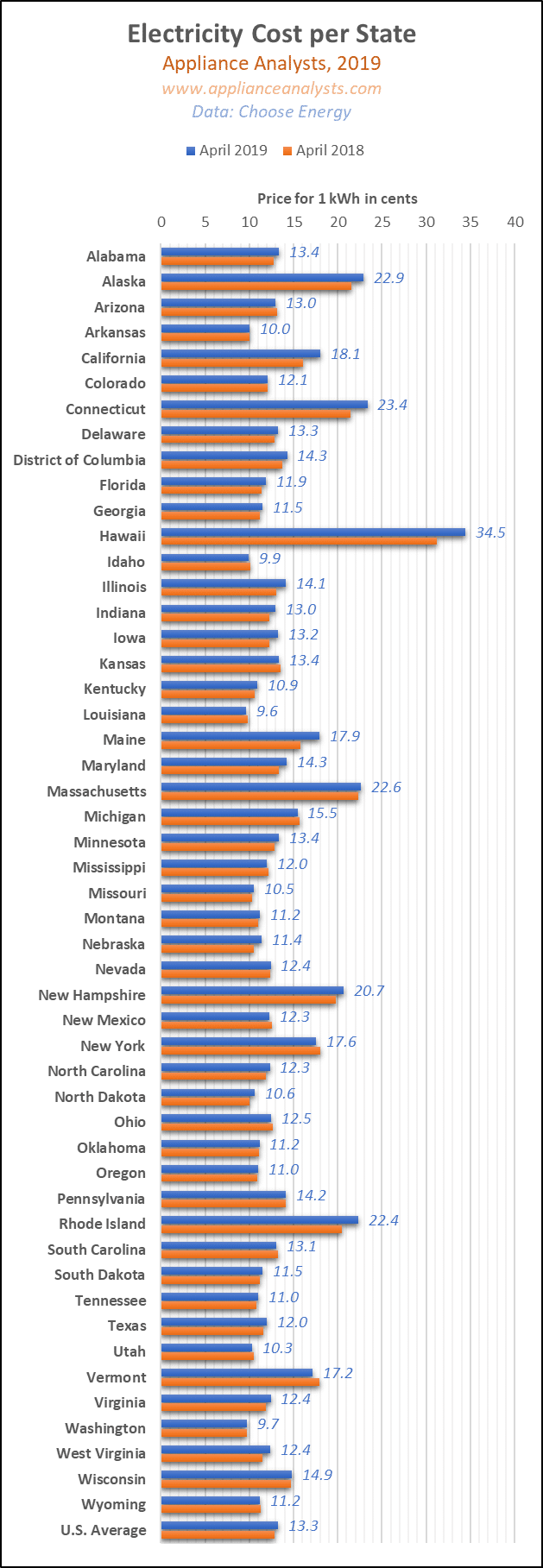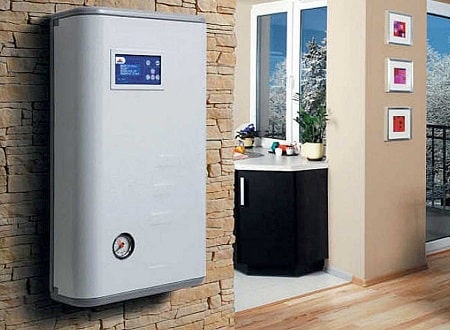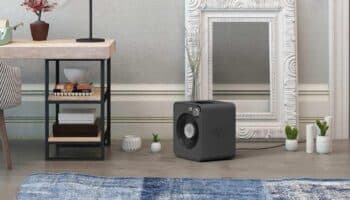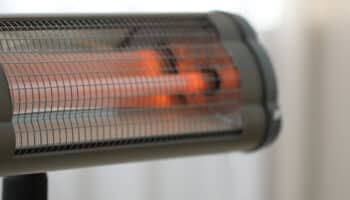We've independently reviewed this article to make sure it's as accurate as we can make it.
To find out more about our article creation and review process, check out our editorial guidelines.
Are you having a hard time comparing electric vs gas boilers?
Don’t worry, this is a common issue. Choosing the right boiler can feel a bit overwhelming, especially since there are so many options out there.
Luckily, we’re here to help.
Electric boilers are easier to install, smaller, and don’t need to be connected to the gas line. Gas boilers, on the other hand, are cheaper to run and more powerful. In this article, you’ll learn more about other differences to make the right choice.
Read on to buy the perfect boiler for your needs!
Gas vs Electric Boilers
For each important aspect of a good boiler, I’ve compared and contrasted these two boiler types in a quick summary.
Think about which of these aspects is most important to you. Put more weight on the boiler type that ‘wins’ those categories.
#1 Price
When comparing electric and gas boilers, it’s always important to keep in mind the upfront cost. In this case, an electric boiler is the clear winner.
This is mostly because an electric boiler is much more simple – it doesn’t need exhaust pipes or operate using moving parts.
This makes it easier to manufacture and install – so cheaper for us. But, bear in mind that you should also consider the running costs when making a decision.
#2 Running Costs
It’s hard to give a definite answer for this one – because resource costs vary so much.
However, it’s likely that gas in your area is much cheaper than electricity – per unit of heat provided.
For that reason, gas is almost always the cheaper option to run.
Here’s the electricity cost per state in the US for 2018 and 2019, so you can check the rates in your area:

One thing to bear in mind is that electricity may get cheaper, and gas may get more expensive in the long run.
As we develop more renewable energy (electricity) solutions, and natural gas supplies decrease, this may change. Probably not until the next decade, though.
#3 Capability
Although there’s a wide range of boilers for each type, gas is generally much more capable than electric.
The power of a flame beats out the heating potential of electricity, making gas boilers much more capable.
For this reason, gas boilers are recommended for medium to large homes. Electric fares better in smaller properties, or to provide supplemental heat.
While gas makes for a powerful supply, it’s difficult to add to an existing furnace. Electric boilers find a great niche as solutions for heating a home extension, adding underfloor heating, or somewhere like a guest house that only needs heat occasionally.
#4 Installation
Since electric boilers don’t exhaust anything, they’re super easy to install. They’re so simple, they can even be hung up on a wall!

The lack of a flue or chimney means you can position them almost anywhere, and these boilers are much more compact than their gas counterparts.
When it comes to ease of installation, electric is the clear winner.
#5 Environmental
Electricity has a 99% energy efficiency rating.
Because of this, many electric suppliers would have you believe they are an amazing solution for the environment.
Unfortunately, this just isn’t true.
Yes, they are superbly efficient at transforming the electricity your home receives into heat. But where does that electricity come from?
There’s a high chance that it’s generated by large factories powered by fossil fuels, like coal. This energy has to then be transformed into electricity, then transported to your home.
So while the final conversion to heat is efficient, the process to get you the electricity isn’t.
It’s debatable which boiler type is better for the environment, personally, I’d wager natural gas over electricity at this point.
Only if we received most of our electricity from renewable sources would electricity be guaranteed as the better option.
#6 Safety
Gas boilers aren’t exactly motorbikes, but there’s definitely some safety aspects to them.
Making sure you have a carbon monoxide detector, no fuel leaks, and working exhausts can play on your peace of mind.
Alternatively, electric boilers are about as safe as you can get. Just make sure they’ve got room to breathe, and you’re about as set as you can be.
#7 Maintenance
Unlike gas boilers, electric boilers have no requirement for annual maintenance.
That’s fewer headaches, and fewer potential things going wrong.
That said, looking after a gas boiler isn’t hard. We all do it, and it’s a fairly regular and easy thing. Just something to bear in mind.
Pros & Cons: Gas vs Electric Boilers
When comparing an electric boiler vs gas, you should consider other factors when making a decision, such as their advantages and disadvantages.
This is why we’ve prepared this detailed table:
| Pros | Cons |
|---|---|
| Electric Boilers | |
| No Gas Needed - Only an electricity supply. Great for remote properties. | Lower Heat Capacity - Not suited to solely power a whole house. |
| Smaller - More compact thanks to minimal moving parts. | Higher Running Costs - Electricity costs more than gas (currently). |
| Cheaper Upfront - Both in price, installation cost and simplicity. | Affected by Power Cuts - High risk if your area often gets them. |
| Easier to Install - No chimney/flue or complicated piping. | Less Available/Common - Not as standard as gas boilers for getting help/technicians. |
| Minimal Maintenance - No moving parts. | - |
| Gas Boilers | |
| Cheaper to Run - Gas provides more heat per $ in almost every area. (May change in the future). | 'Non-Renewable' - Though electricity likely sourced from coal factories, so the same. |
| Powerful - Capable of heating large homes. | Installation - Can be challenging, needs exhaust, etc. |
| Well Known - 'Standard' options are easier to get help, spare parts, or online help. | Safety Issues - Need carbon monoxide detector and regular maintenance. |
The Bottom Line
Looking at the bigger picture, it’s fairly easy to summarize this comparison.
Gas boilers are better as the main heat source for a larger home. They’re more powerful, and cost less per unit of heat they give you.
Electric boilers have advantages in almost every other department. Cheaper upfront, smaller, easier to install, and easier to maintain.
This makes electric boilers great as supplemental heat sources, heating a home extension or powering underfloor heating, or heating a small property (i.e. an apartment).
But, remember, the ultimate decision will vary depending on your needs and lifestyle.
Conclusion
I hope this little article has helped clear things up for you. Don’t let yourself get too caught up in it – both are great options, and you can’t go too wrong.
If this content has helped you, we’d deeply appreciate your support by checking out some more of our articles. Or, joining our mailing list where we share great deals we find in our product research.
Here’s to a warm, comfortable home 🙂
Have a great day,
-Craig






